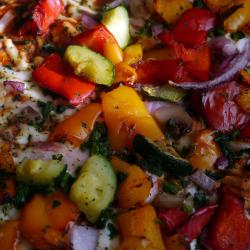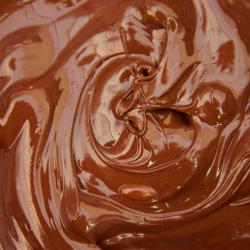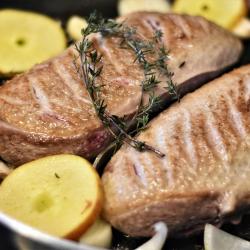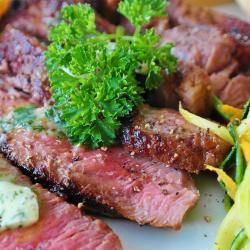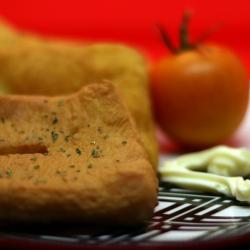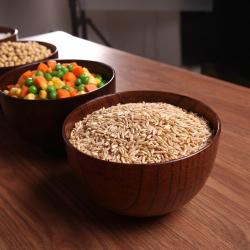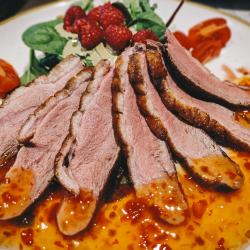The Science of Baking: Key Tips for Perfect Cakes and Pastries
Baking is often described as both an art and a science. While creativity and flair are essential, the scientific principles underpinning successful baking cannot be overlooked. Understanding these principles can mean the difference between a cake that's light and fluffy and one that's dense and flat. Here, we explore the science of baking and offer key tips to achieve perfect cakes and pastries every time.
The Chemistry of Baking
At its core, baking is a chemical process. Ingredients interact with one another, often in the presence of heat, to create the structure and flavor we associate with baked goods. Key players in this chemical dance are leavening agents, proteins, and sugars. Understanding their roles can help troubleshoot baking mishaps and enhance your baking skills.
Leavening Agents
Leavening agents like baking soda, baking powder, and yeast are crucial for creating volume and lightness in cakes and pastries. These ingredients produce carbon dioxide gas, which gets trapped in the batter or dough, causing it to expand and rise.
- Baking Soda: Requires an acidic ingredient to activate, releasing carbon dioxide. Common acids include buttermilk, yogurt, or lemon juice.
- Baking Powder: Contains both an acid and a base, needing only moisture and heat to activate. It's often used in recipes without additional acidic ingredients.
- Yeast: A living organism that ferments sugars, producing carbon dioxide and alcohol. Yeast is typically used in bread and certain pastries for a chewy texture and complex flavor.
Tip: Measure leavening agents precisely. Too much can cause overexpansion, leading to collapse, while too little will result in a dense product.
Proteins and Structure
Proteins in flour, primarily gluten, provide structure to baked goods. When flour is mixed with water, gluten strands form, giving elasticity and strength to dough and batter.
- Gluten Development: Essential for bread but should be minimized in cakes and pastries to maintain tenderness.
- Eggs: Contribute structure, moisture, and richness. Beating eggs incorporates air, which also aids leavening.
Tip: Avoid overmixing batter for cakes and pastries to prevent excessive gluten development, which can make them tough.
Sugars and Browning
Sugars not only provide sweetness but also aid in browning and caramelization, enhancing flavor and appearance.
- Maillard Reaction: A chemical reaction between amino acids and reducing sugars that gives baked goods their golden-brown color and complex flavors.
- Caramelization: Occurs when sugars are heated, adding depth to flavor profiles.
Tip: Use the appropriate amount of sugar for optimal browning and flavor. Substituting sugars can alter the texture and browning process.
Temperature and Timing
Temperature and timing are critical in baking. They affect the rate of chemical reactions and the development of flavors and textures.
- Oven Temperature: Must be accurate; too hot can cause a cake to rise rapidly and crack, while too low can lead to undercooked centers.
- Baking Times: Should be closely monitored. Overbaking dries out cakes and pastries, while underbaking can leave them raw in the middle.
Tip: Invest in an oven thermometer to ensure your oven is properly calibrated. Follow recipe times but also rely on visual and tactile clues to determine doneness.
Conclusion
Baking is a delightful blend of art and science. By understanding the underlying scientific principles, you can master the art of baking, creating perfect cakes and pastries with consistency. Remember to measure accurately, monitor temperature and timing, and enjoy the process. With practice and attention to detail, you'll be able to troubleshoot problems and refine your techniques, delighting family and friends with your baking prowess.




